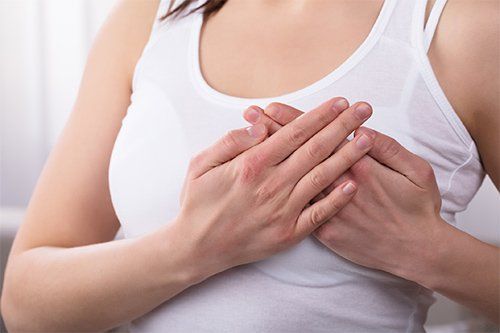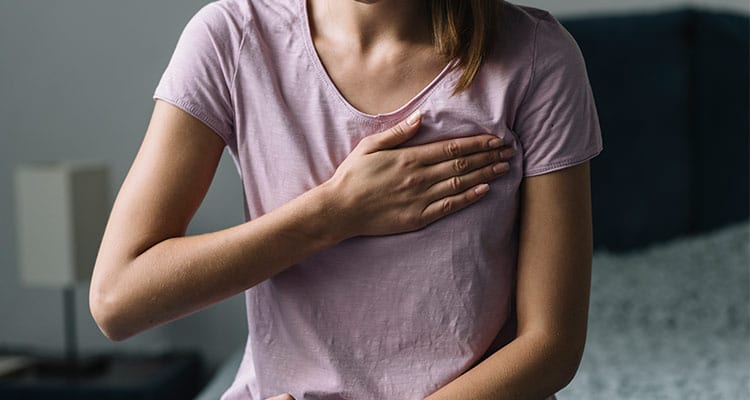Do Larger Breasts Indicate Better Health or Fertility? Debunking a Popular Myth



In today’s world, myths and misconceptions about the human body are everywhere—especially when it comes to how physical features might relate to health or fertility. One persistent belief is that traits like breast size can reveal hidden physiological characteristics such as fertility or hormonal health. But is there any truth to these assumptions?
In this article, we’ll explore the science behind these ideas and separate fact from fiction when it comes to body features and women’s health.
Does Breast Size Indicate a Woman’s Health?
One of the most common misconceptions is that women with larger breasts have higher estrogen levels, which supposedly makes them more fertile or healthier overall. While it’s true that breast development is influenced by hormones such as estrogen, breast size alone is not an indicator of fertility or general health.
Breast size is affected by several factors:
-
Genetics: Inherited traits play a major role.
-
Hormones: Estrogen and progesterone influence breast development during puberty and pregnancy.
-
Body Fat Composition: Breasts are mostly made up of fatty tissue, so weight changes can affect size.
-
Nutrition and Lifestyle: These impact general health but don’t directly determine breast size or fertility.

Does Breast Size Affect Fertility?

Despite popular belief, breast size has no connection to a woman’s fertility. Fertility depends on a complex mix of factors, such as:
-
Hormonal balance
-
Regular menstrual cycles
-
Overall reproductive organ health
-
Diet and exercise habits
-
Mental health and stress levels
Cultural beliefs and social stereotypes may associate larger breasts with enhanced fertility, but scientific evidence does not support this idea.
Breast Size and Vaginal Health: Any Link?

Another widespread myth is that breast size somehow correlates with vaginal health or characteristics like tightness or elasticity. In truth, there is no biological link between the two.
Vaginal health is influenced by:
-
Genetics and muscle tone
-
Hormonal fluctuations
-
Childbirth and aging
-
Hygiene and lifestyle
These are independent systems in the body, and breast size has no impact on vaginal health.

Why Do These Myths Persist?
There are several reasons why these outdated ideas remain widespread:
-
Cultural Conditioning: Many societies have long linked physical traits to fertility or desirability, even without scientific basis.
-
Media Influence: Social media, movies, and pop culture reinforce these stereotypes.
-
Psychological Biases: People tend to associate certain appearances with other traits, like health or sexual appeal.
-
Lack of Education: A limited understanding of human biology allows misinformation to spread.

What Really Matters for Women’s Health?
Instead of focusing on appearance, women should prioritize evidence-based health practices, such as:
-
Balanced Diet: Supports hormonal balance and overall wellness.
-
Regular Exercise: Boosts circulation, hormone regulation, and mental health.
-
Routine Screenings: Breast exams, pap smears, and check-ups help detect issues early.
-
Mental Health Care: Managing stress through mindfulness, therapy, and self-care is key to holistic well-being.
Conclusion: Science Over Stereotypes
There is no scientific evidence that breast size is connected to fertility, health, or any other hidden trait. Women’s health is shaped by a combination of genetics, hormones, emotional well-being, and lifestyle—not by physical appearance.
By focusing on accurate information and promoting body positivity, we can better understand and care for our bodies. Every woman is different, and health should never be judged based on size or shape.
Further Reading from Trusted Sources:
-
Mayo Clinic – Healthy Lifestyle
-
The American College of Obstetricians and Gynecologists (ACOG) – Women’s Health Guidelines
-
National Institutes of Health (NIH) – Breast Health Info



